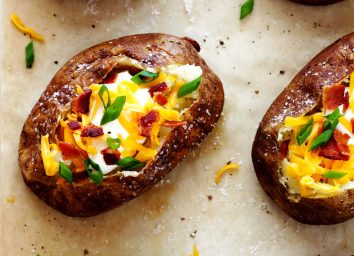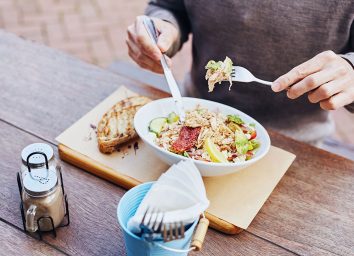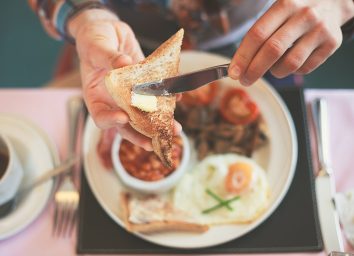7 Clean Eating Habits for Weight Loss, According to Dietitians
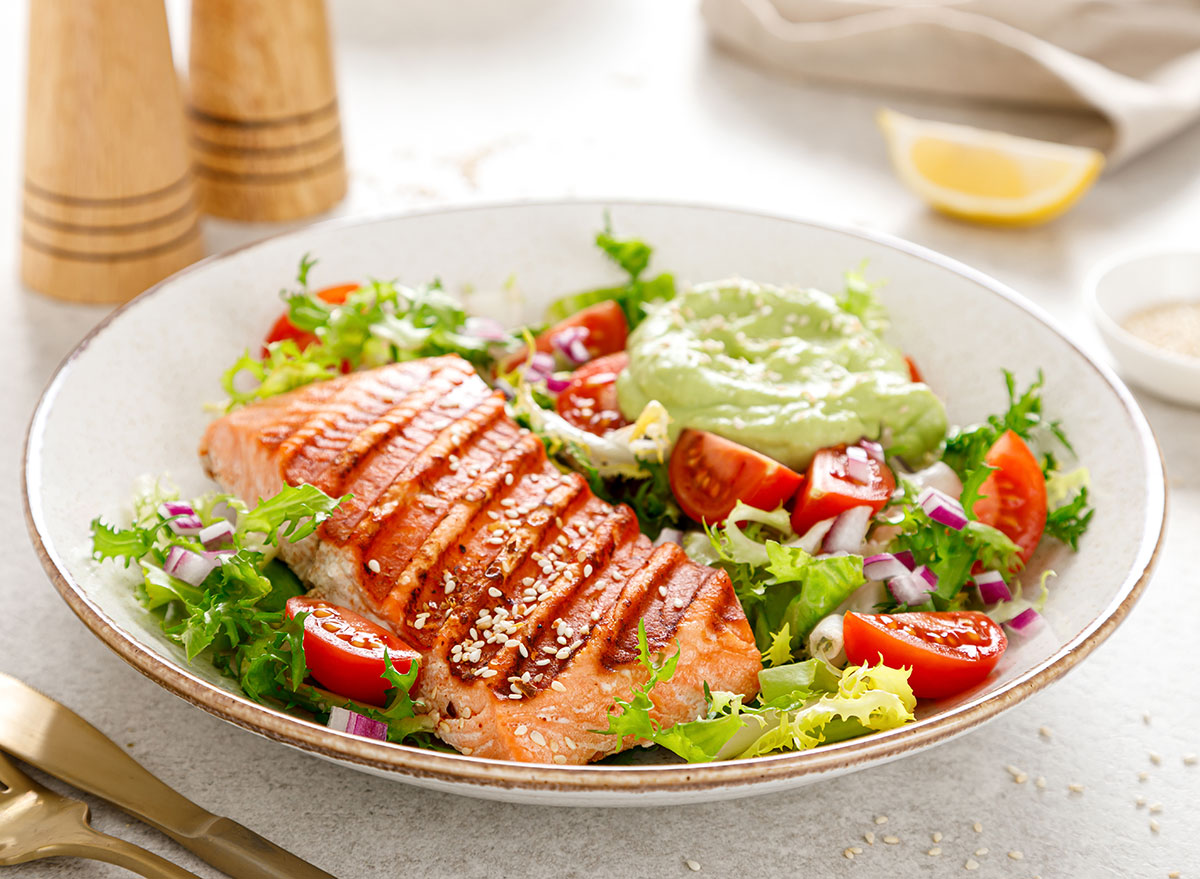
We often make losing weight so complicated we end up quitting from sheer exhaustion or frustration. That's why calorie counting is so hard to maintain for months on end. Complicated diet strategies may work for a time, but then life happens. We get busy. We get hungry. We cut corners and reach for a candy bar. Or worse—the drive-thru.
Let's simplify our weight-loss plan a bit, shall we? We can do that by boiling it down to a simple phrase, just two easy-to-remember words that aren't just a suggestion but a command: Eat Clean.
By eating clean most of the time, you can lose weight without any feelings of deprivation, because you will quickly learn the connection between what you eat and how you feel.
Eat Clean is simply a call to action that means eating more whole foods.
"Eating clean means eating whole unprocessed foods from the earth most of the time, limiting junk food and committing to a whole food, minimally processed, mindful diet," says registered dietitian nutritionist Amy Shapiro, RD, founder of Real Nutrition NYC.
If the Eat Clean mantra isn't enough to get you started on your path to a healthier diet, try establishing these 7 clean eating habits to start losing weight right now. And then avoid the temptation of the Worst Guilty Pleasure Foods on the Planet.
Take a baby step.
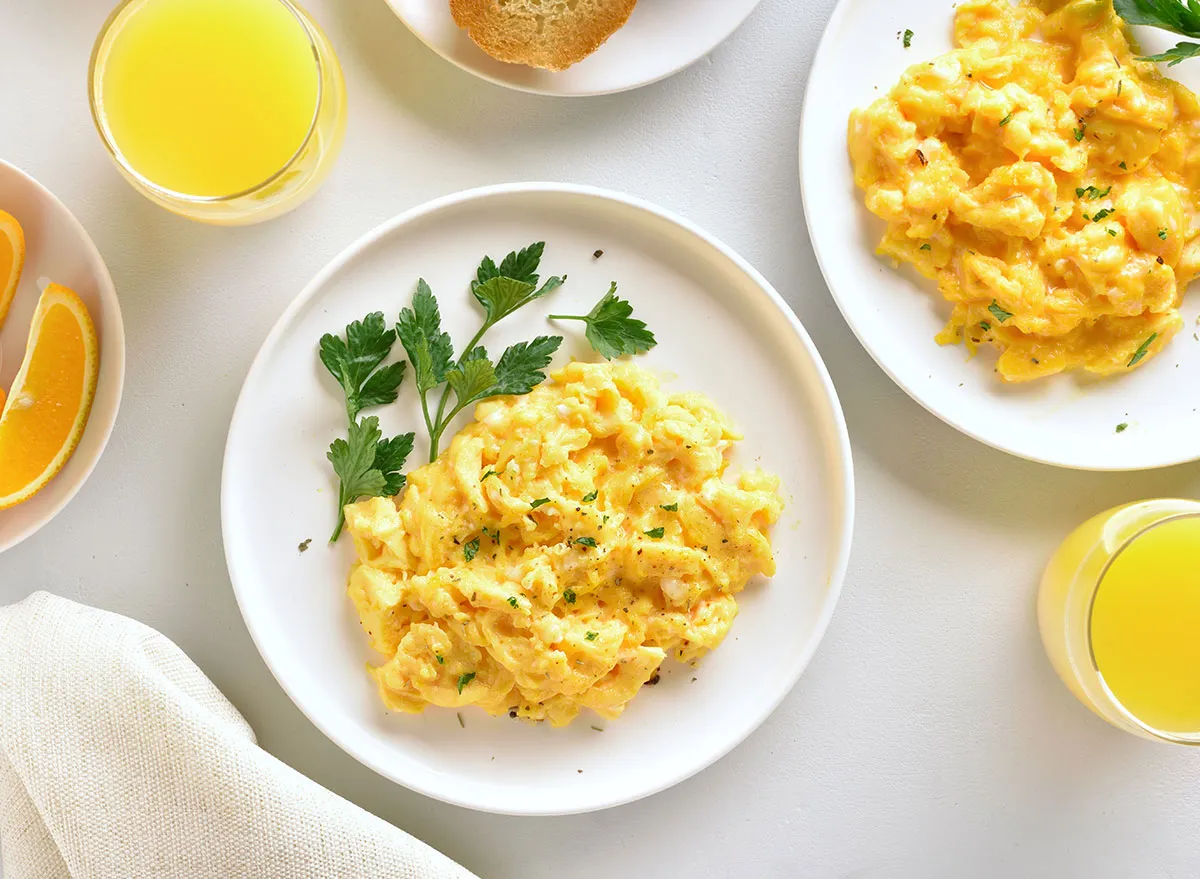
Start eating cleaner by cleaning up just one meal. Choose breakfast, for example. First, take an inventory of all the breakfast foods you typically eat in a typical week. Write them down. How many are packaged or processed foods? Now, pick a day to start and replace most if not all of those processed foods with smarter swaps, two scrambled eggs instead of breakfast sausage for protein, for example, oatmeal for sweetened cold cereal, whole-wheat toast for a bagel. "Getting into the habit of clean eating is just a matter of thinking before you put a fork in it," says Shapiro.
Go whole hog, minus the hog.
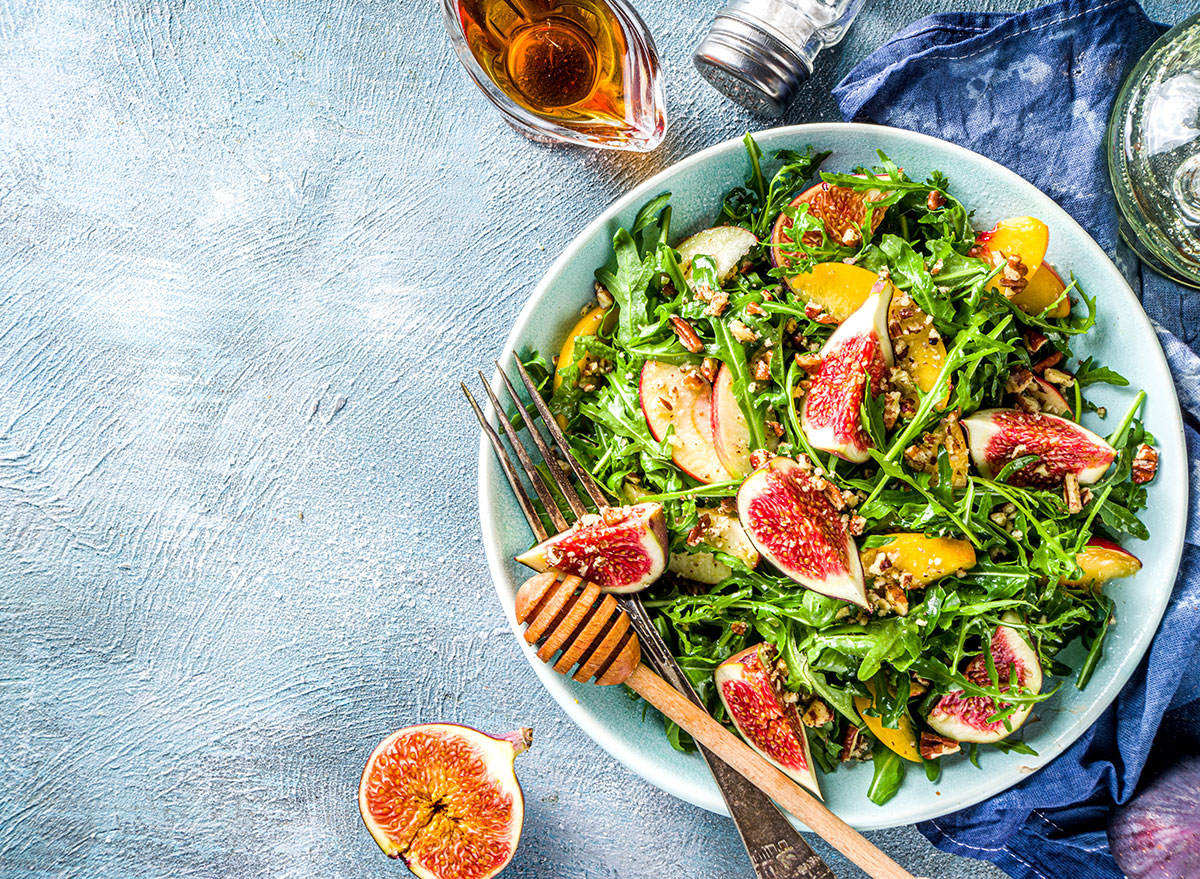
If "Eat Clean" is your verse, make "Whole Food" your chorus. "Whole foods are rich in fiber, often water and nutrients to slow digestion, help us to feel full longer, and decrease sugar cravings," says Shapiro. Eat lots of vegetables and fruits and choose whole grains over white grains. "Ultimately, whole foods 'crowd out' less healthy foods. We tend to eat less and smaller portions of whole foods than we do processed foods that are created to make us crave more."
Eat naked.
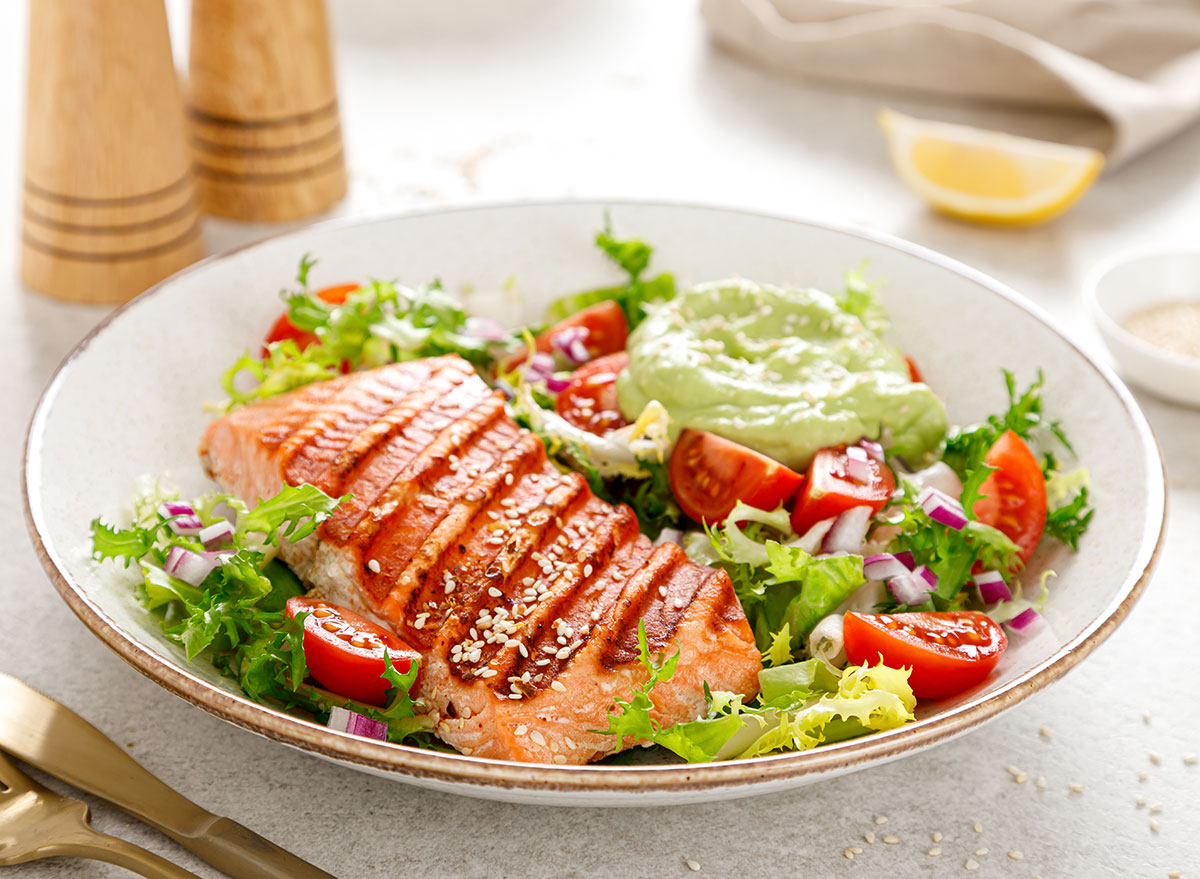
Avoid as many foods that come in packages as you can.
"The idea of clean eating can help to decrease additives in foods like sodium, sugar, and fat that are typically added to overly processed items," says nutritionist Kim Pierce, RD, a certified diabetes care and education specialist and owner of The Outdoors Dietitian.
Read nutrition labels and don't eat what you can't pronounce. "Decreasing additives will help with weight loss as you will eat fewer calories from those foods," says Pierce.
One way to quickly get into the habit of eating naked: Clean out your pantry. Read labels and toss the foods that are so laden with preservatives, they'd still be edible during the next pandemic.
Add, don't subtract.
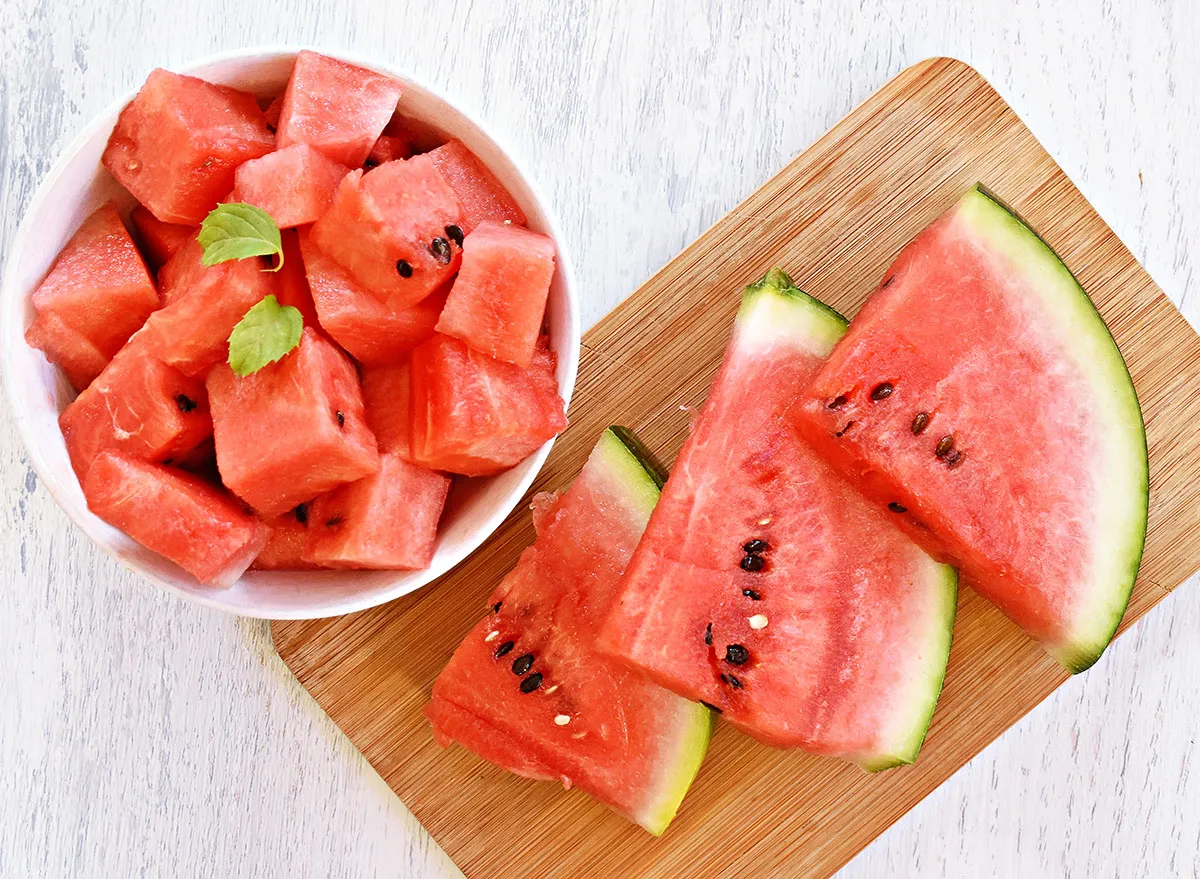
Try this mind trick: Focus on what you're adding in by eating clean, not what you're cutting out or depriving yourself, suggests registered dietitian nutritionist Grace A. Derocha, RD, a national spokesperson with the Academy of Nutrition and Dietetics.
For example, cut out Gummy Bears candies (pure sugar) and replace them with something naturally sweet like watermelon chunks. Derocha calls this strategy "habit stacking," adding things that are "good for your body so you're not always taking things away," she says.
Drink this, not that.
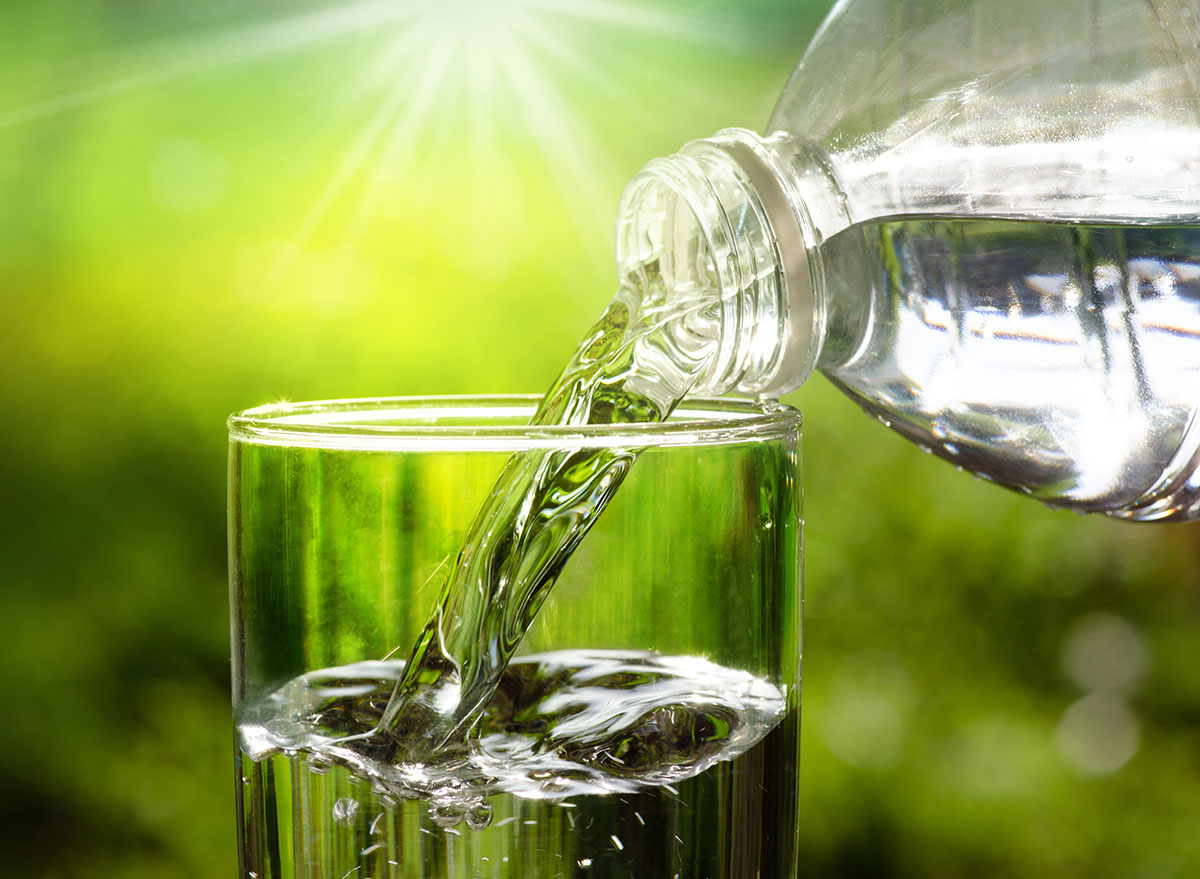
One of the easiest ways to eat clean is to drink clean, says Shapiro: "Stay hydrated with water or unsweetened beverages to feel full and decrease sugar cravings."
According to Harvard researchers, drinking sugary sodas, sweet tea and other high-calorie beverages will not make you feel as full as if you had eaten the same calories from solid food and you won't likely eat less food because you paired your meal with a 150-calorie soft drink. Make a habit of whetting your whistle with water and you will lose weight. Shapiro recommends drinking 80 to 100 ounces of water per day.
READ MORE: The #1 Best Thing to Drink Every Day, According to a Dietitian
Get good at cooking.
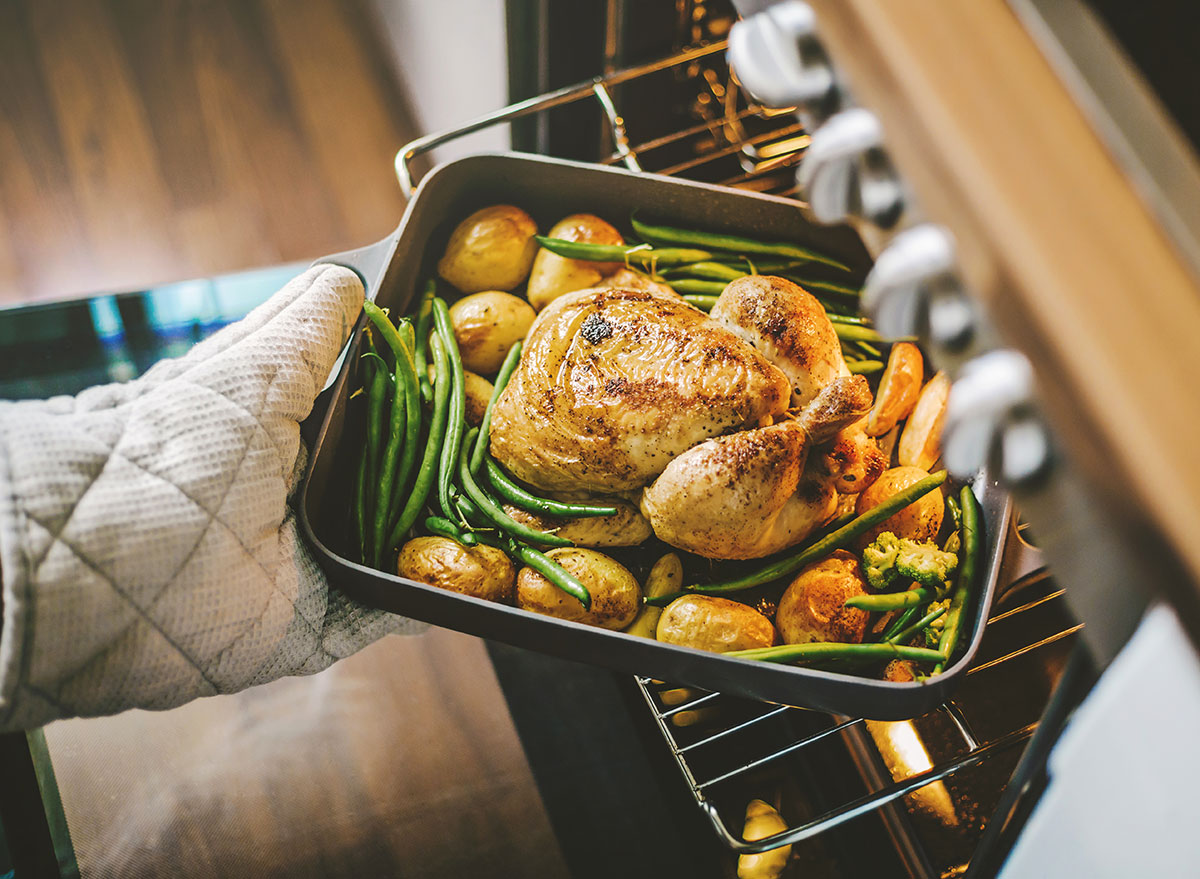
It's very hard to eat clean if you leave the cooking up to the line cook at your favorite fast-casual restaurant. Take control of your ingredients and how they are prepared by making the meal yourself at home.
"Cooking fresh protein like chicken, turkey or fish versus a product like chicken nuggets that have increased sodium and sugar, will help to limit ingredients that can lead to weight gain," says Pierce. Obviously. And it will likely save you money. Studies show that home-cooked meals are associated with diets lower in calories, sugar, and fat, but not with higher monthly expenses for food.
Make a plan when dining with friends.
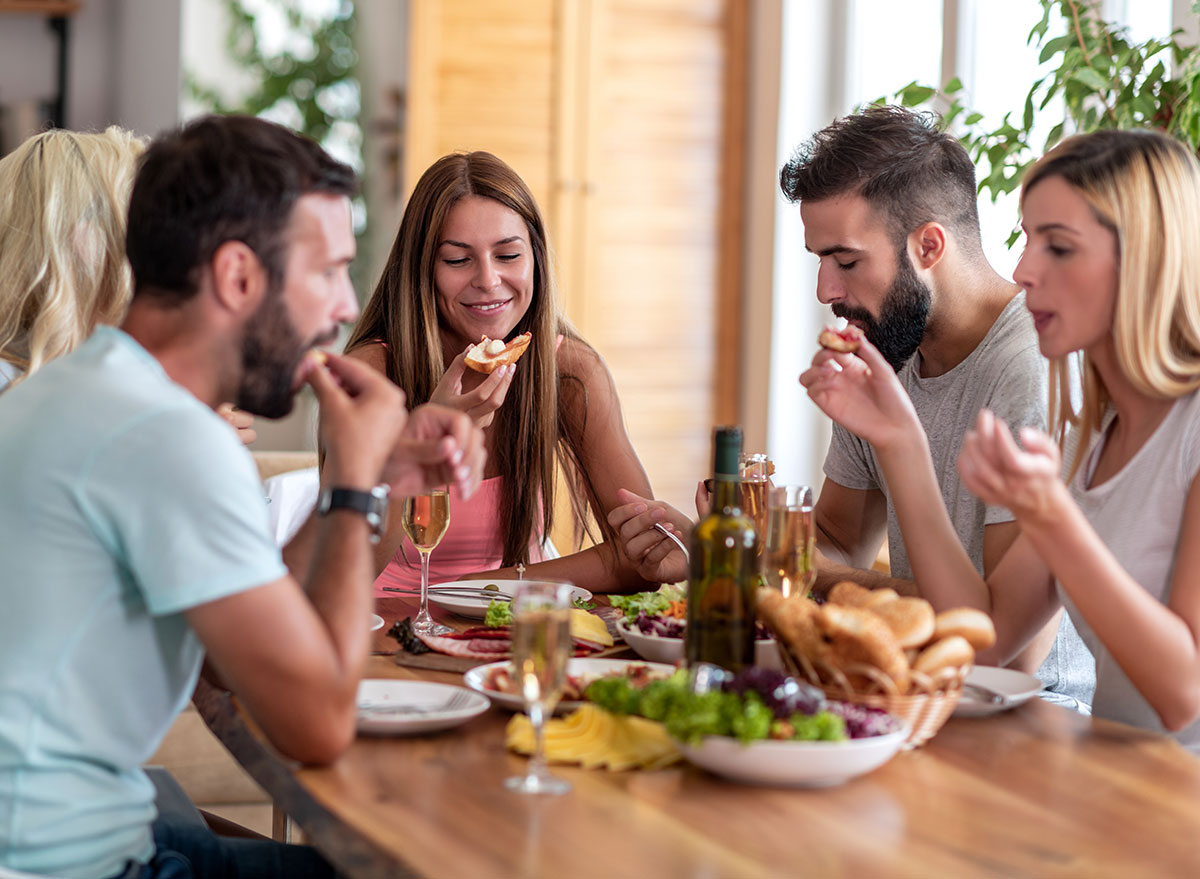
Did you know that drinking alcohol gives you the munchies? Studies show that booze enhances your sensitivity to the smell of cheeseburgers, etc. But you knew that. Well, did you know that when most people share a meal with friends, they end up consuming more calories than when dining solo? Some studies found that people who ate with their pals consumed up to 48% more food than when they ate alone, according to The American Journal of Clinical Nutrition. Simply understanding what you're up against at happy hour may help you come prepared rather than say, "screw it, another round of wings for the table!" Eat cleaner even at a restaurant by scoping out the menu online beforehand and choosing a better-for-you option. And if you plan to have a glass or two of adult beverages, be sure to drink clean by having a large tumbler of ice water in between.
Read this next:
